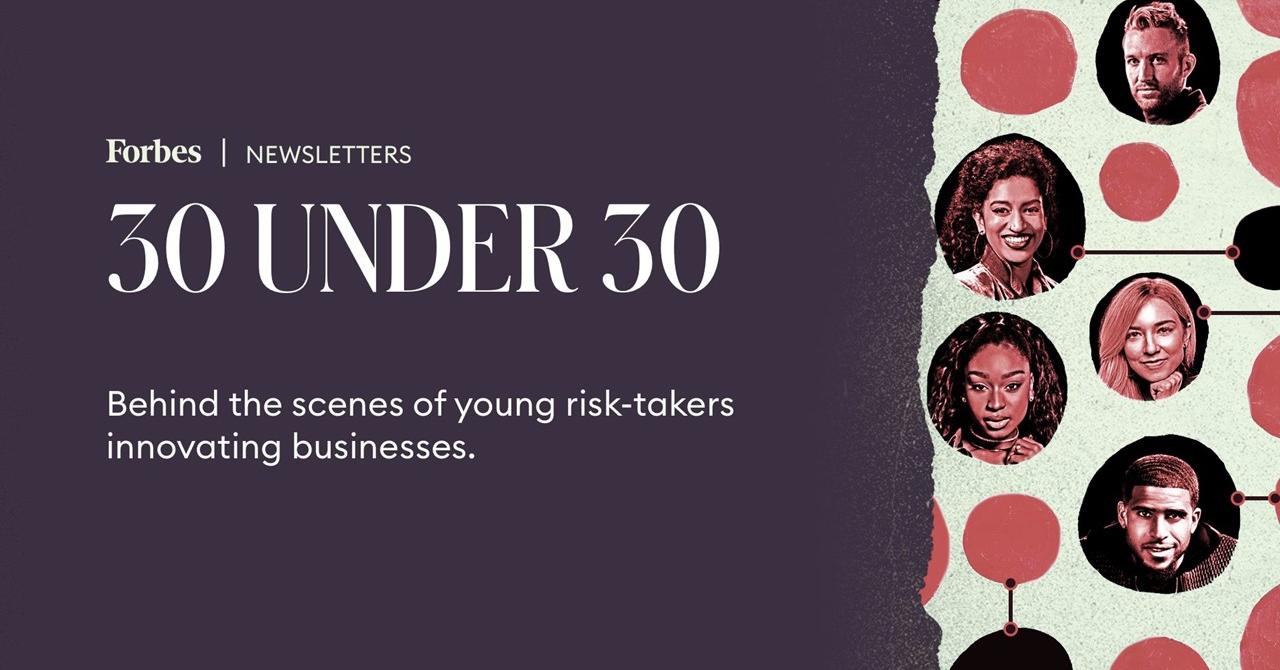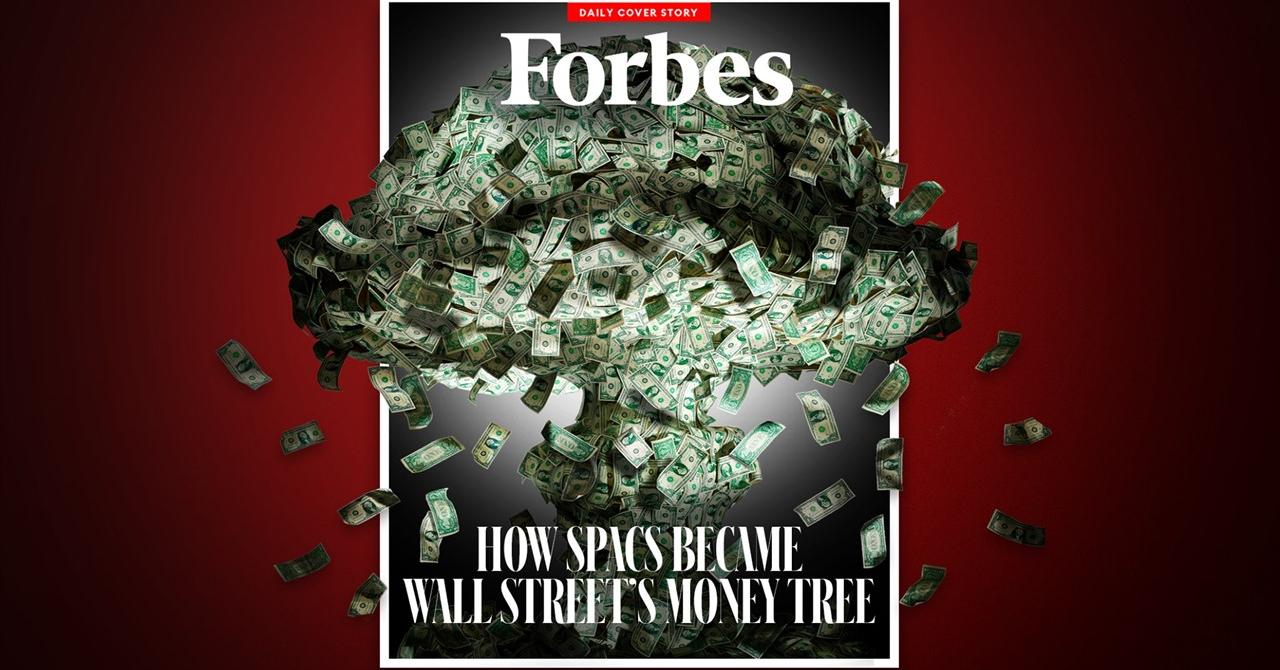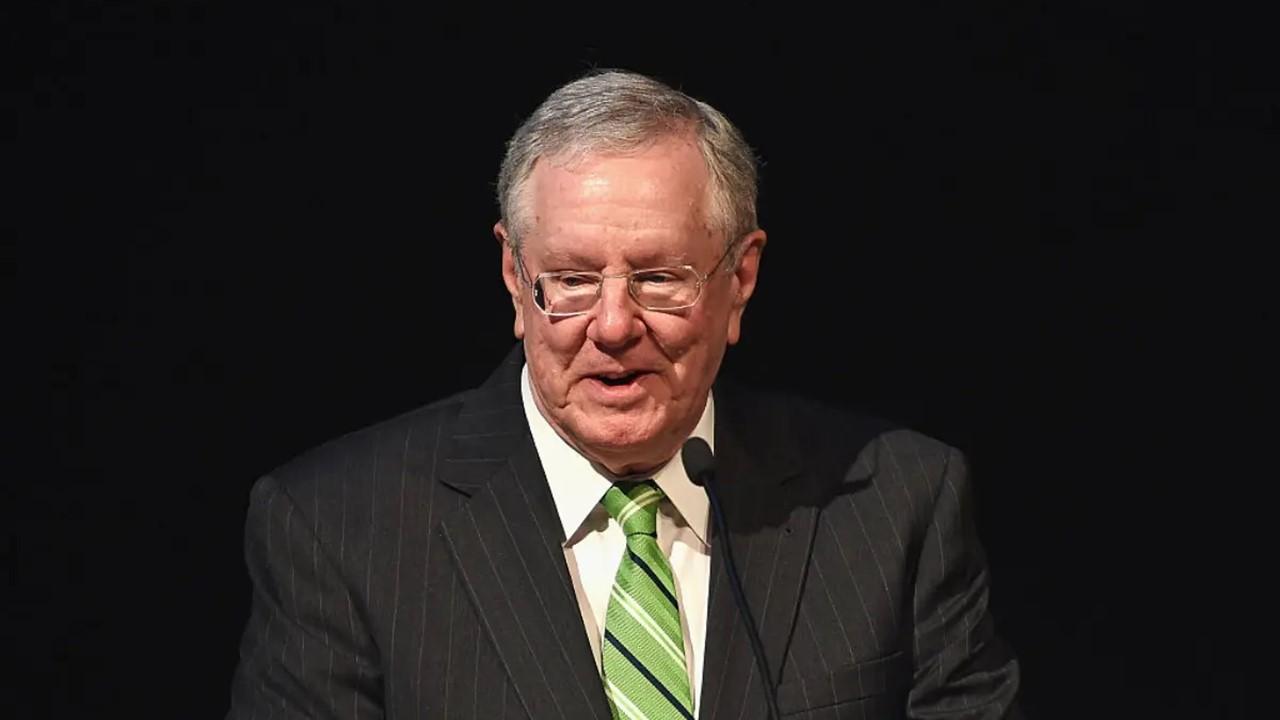Who Really Owns Forbes? The Untold Story Behind The Iconic Media Empire
Ever wondered who owns Forbes these days? It’s not just another billionaire’s playground, but a fascinating tale of business strategy, family legacies, and global investments. Forbes has been around for over a century, shaping the way we think about wealth, entrepreneurship, and success. But today, the ownership story is more complex than ever. Let’s dive into the details and uncover the real players behind this media powerhouse.
Forbes is more than just a magazine or a website; it’s a global brand that influences millions of readers worldwide. From its humble beginnings in the early 20th century to its current status as a digital-first media giant, the company has undergone significant transformations. But who exactly owns this iconic brand now? The answer might surprise you.
As we explore the ownership structure of Forbes, we’ll also look at how the company’s evolution reflects broader trends in media and technology. Whether you’re a business enthusiast, an investor, or simply curious about the inner workings of the media world, this article will give you the insights you’ve been looking for. So, let’s get started!
- What Nationality Is Abraham Williams Unveiling The Truth Behind The Name
- Diddy List The Ultimate Guide To The Iconic Music Mogul
Table of Contents
- A Brief History of Forbes
- Who Owns Forbes Today?
- Meet the Huang Family
- Key Investors and Stakeholders
- Forbes’ Business Model
- The Impact of Ownership Changes
- What’s Next for Forbes?
- Challenges Facing Forbes
- Final Thoughts
- FAQs About Forbes Ownership
A Brief History of Forbes
Forbes was founded in 1917 by Bertie Charles Forbes, a Scottish immigrant with a passion for journalism and finance. The magazine quickly gained a reputation for its in-depth coverage of business and economic issues. Over the years, it expanded its reach, introducing new sections like sports, lifestyle, and technology.
Forbes has always been synonymous with wealth and success, publishing the famous Forbes 400 list of the richest people in America and the Global 2000 list of the world’s largest public companies. But like many legacy media brands, it faced challenges in the digital age, forcing it to adapt and innovate to stay relevant.
So, how did Forbes navigate these changes, and who stepped in to guide the company through its transformation? Let’s find out.
- Debra Bollman The Remarkable Journey Of A Trailblazing Woman You Should Know About
- Signature Series Restroom Dispensers Revolutionizing Hygiene And Style
Forbes’ Transition to Digital Media
As the world moved online, Forbes realized it needed to pivot from print to digital to survive. This shift wasn’t easy, but it paid off. Today, Forbes.com attracts millions of visitors each month, offering a mix of original content, contributor articles, and data-driven insights.
- Forbes launched its contributor platform in 2011, allowing experts and influencers to share their perspectives.
- The company invested heavily in SEO and social media to increase its online presence.
- It also diversified its revenue streams, exploring opportunities in events, conferences, and branded content.
But none of this would have been possible without the right leadership and financial backing. Now, let’s meet the people who own Forbes today.
Who Owns Forbes Today?
As of 2023, Forbes is owned by a group of investors led by the Integrated Whale Media Investments (IWMI), a private equity firm controlled by the Hong Kong-based Huang family. This acquisition marked a significant shift in the company’s ownership structure, moving away from the Forbes family’s long-standing control.
The Huang family, through IWMI, acquired a majority stake in Forbes in 2014, marking the beginning of a new era for the media giant. But what does this mean for the future of Forbes? And how has the family’s involvement impacted the company’s operations?
Meet the Huang Family
The Huang family, led by brothers Wen-Chin Huang and Wei-Chin Huang, has a diverse portfolio of investments spanning media, technology, and real estate. Their involvement in Forbes has been both strategic and financial, aiming to modernize the brand while preserving its legacy.
Here’s a quick look at the key players:
- Wen-Chin Huang: The elder brother, known for his expertise in media and entertainment.
- Wei-Chin Huang: The younger brother, focused on technology and innovation.
Together, they have transformed Forbes into a global multimedia platform, expanding its reach beyond traditional publishing.
Key Investors and Stakeholders
While the Huang family holds a majority stake in Forbes, they are not the only investors. Other key stakeholders include:
- Mongolian and 49th Parallel Acquisition Co. (M49): A special purpose acquisition company (SPAC) that partnered with Forbes in 2021 to go public.
- Verdane: A European private equity firm that invested in Forbes’ European operations.
- Forbes Family Trust: Still holds a minority stake in the company, ensuring the family’s legacy continues.
These investors bring diverse perspectives and resources, helping Forbes navigate the complexities of the modern media landscape.
How Forbes Went Public
In 2021, Forbes announced its plans to go public through a merger with M49, a move aimed at raising capital for expansion. The deal valued the company at approximately $630 million, reflecting its growing influence and potential.
This strategic move allowed Forbes to tap into public markets, providing greater access to funding and increasing its visibility among investors. But it also raised questions about the company’s long-term strategy and commitment to editorial independence.
Forbes’ Business Model
Forbes operates on a multi-faceted business model that combines advertising, subscriptions, events, and branded content. Here’s a breakdown of its key revenue streams:
- Advertising: Forbes generates a significant portion of its revenue through display ads, native ads, and sponsored content.
- Subscriptions: The company offers premium subscriptions for its digital content, providing exclusive access to in-depth reports and analysis.
- Events: Forbes hosts numerous conferences and summits, bringing together thought leaders and industry experts.
- Branded Content: Forbes collaborates with brands to create custom content that aligns with its editorial standards.
By diversifying its revenue streams, Forbes has been able to weather the challenges of the digital age and maintain its position as a leading media brand.
The Impact of Ownership Changes
The shift in ownership from the Forbes family to the Huang family and other investors has had a profound impact on the company. On one hand, it has brought fresh capital and expertise, enabling Forbes to expand its digital operations and explore new opportunities. On the other hand, it has raised concerns about the preservation of the brand’s editorial integrity and journalistic values.
So, how has Forbes managed to balance these competing priorities? Let’s take a closer look.
Editorial Independence vs. Business Interests
Forbes has always prided itself on its commitment to journalistic excellence and editorial independence. Even under new ownership, the company has maintained its standards, ensuring that its content remains credible and trustworthy.
However, the pressure to deliver financial results can sometimes conflict with these ideals. As Forbes continues to evolve, it will need to find ways to reconcile its business goals with its editorial mission.
What’s Next for Forbes?
Looking ahead, Forbes is poised to continue its growth trajectory, driven by its innovative approach to media and technology. The company has already made significant investments in AI, data analytics, and personalized content, positioning itself at the forefront of the digital media revolution.
Here are some of the key trends shaping Forbes’ future:
- AI-Powered Content: Forbes is exploring the use of AI to enhance its content creation and distribution processes.
- Global Expansion: The company is expanding its presence in emerging markets, tapping into new audiences and revenue streams.
- Sustainability: Forbes is increasingly focusing on issues like climate change and social responsibility, reflecting the changing priorities of its readers.
As Forbes continues to innovate and adapt, it will need to stay true to its core values while embracing the opportunities of the digital age.
Challenges Facing Forbes
Despite its successes, Forbes faces several challenges in the years ahead. These include:
- Competition: The media landscape is more crowded than ever, with new players entering the market daily.
- Monetization: Finding sustainable ways to monetize content in a world where readers expect free access is a ongoing challenge.
- Trust: Building and maintaining trust in an era of misinformation and fake news is crucial for any media brand.
By addressing these challenges head-on, Forbes can continue to thrive and remain a trusted source of information for millions of readers worldwide.
Final Thoughts
Forbes has come a long way since its founding over a century ago. From its origins as a print magazine to its current status as a global digital media powerhouse, the company has undergone remarkable transformations. Today, it is owned by a group of investors led by the Huang family, who have played a key role in shaping its future.
As Forbes continues to evolve, it will need to balance its business goals with its editorial mission, ensuring that it remains a credible and trusted source of information. Whether you’re a long-time reader or a newcomer to the brand, there’s no denying the impact Forbes has had on the world of media and business.
So, what’s your take on Forbes’ ownership story? Leave a comment below and let us know your thoughts. And if you enjoyed this article, don’t forget to share it with your friends and colleagues!
FAQs About Forbes Ownership
Who owns Forbes right now?
Forbes is currently owned by Integrated Whale Media Investments (IWMI), a private equity firm controlled by the Hong Kong-based Huang family.
What percentage of Forbes does the Huang family own?
The Huang family owns a majority stake in Forbes through IWMI, although the exact percentage is not publicly disclosed.
Does the Forbes family still have any ownership stake?
Yes, the Forbes family, through the Forbes Family Trust, still holds a minority stake in the company.
How did Forbes go public?
Forbes went public in 2021 through a merger with Mongolian and 49th Parallel Acquisition Co. (M49), a special purpose acquisition company (SPAC).
What are Forbes’ main revenue streams?
Forbes generates revenue through advertising, subscriptions, events, and branded content.



Detail Author:
- Name : Alf Johnson
- Username : ondricka.pinkie
- Email : jmitchell@yahoo.com
- Birthdate : 1990-08-28
- Address : 1227 Macejkovic Station Lorineton, WY 44625-8881
- Phone : 520.970.2698
- Company : Conroy-Gerhold
- Job : Database Administrator
- Bio : Delectus sed pariatur sed assumenda. Exercitationem qui cupiditate dolorum velit ipsam et. Voluptatum ipsa voluptatem enim quam.
Socials
instagram:
- url : https://instagram.com/jazmyne_dev
- username : jazmyne_dev
- bio : Odio neque eos praesentium mollitia. Commodi ducimus deserunt eos omnis ea aut nihil.
- followers : 299
- following : 1279
linkedin:
- url : https://linkedin.com/in/jazmyne6382
- username : jazmyne6382
- bio : Iusto deserunt cumque in modi ut.
- followers : 2377
- following : 194
facebook:
- url : https://facebook.com/jazmyne.sauer
- username : jazmyne.sauer
- bio : Recusandae ut incidunt laudantium vitae nobis.
- followers : 3584
- following : 643
twitter:
- url : https://twitter.com/sauer1991
- username : sauer1991
- bio : Ullam ratione architecto molestiae consequatur consequatur nemo dolorem quam. Repellat quaerat ab voluptate aut distinctio. Veritatis velit veniam amet quidem.
- followers : 1048
- following : 1647